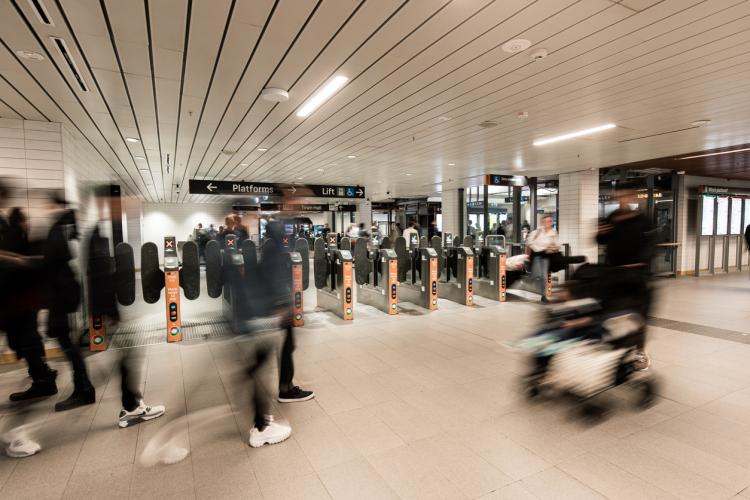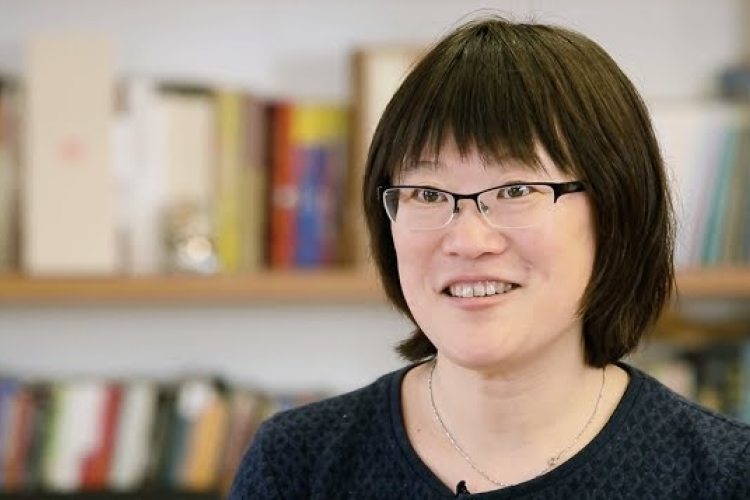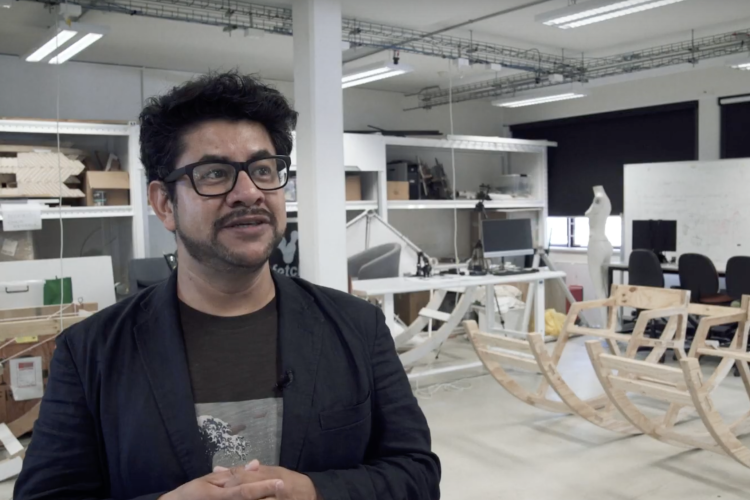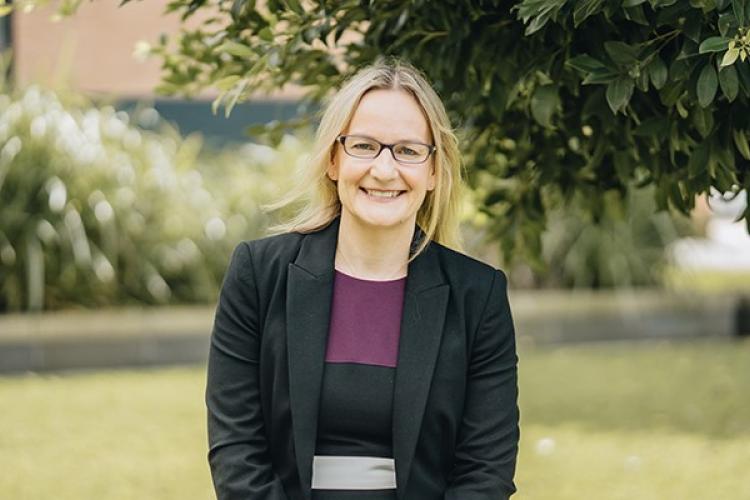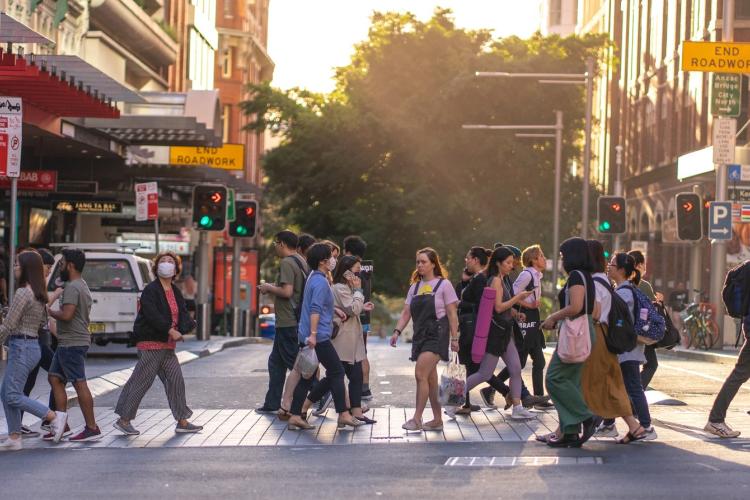Recent work by Institute members have analysed the World Health Organisation's (WHO) impact on age-friendly policymaking across different levels of Australian governments.
A recent study exploring the transport experiences of older Aboriginal people has identified several ways for shaping the transport system so that it better serves these communities and begins to facilitate equity in access and mobility.
Institute members have collaborated on a perspective piece on the dynamism of gender across the life-course.
Gender is a complex social construct. Contemporary discussions of gender continue to evolve, and it is now well understood that scientific approaches to the study and measurement of gender are not sufficient to capture real-world experiences of gender dynamism across time.
Research carried out by Institute members has led to the development of guidelines and recommendations for assistive technology use in older autistic adults.
Autism is a lifelong neurodevelopmental condition that is typically diagnosed in childhood. People who are diagnosed with autism sometimes have difficulties with social communication or restricted behaviours and interests. Autism can also affect attention and ways of learning.
Recent research has highlighted the individual and community benefits of a volunteer model for older people from culturally and linguistically diverse (CALD) backgrounds.
UNSW Creative Robotics Lab (CRL) at Paddington campus recently collaborated with South Eastern Community Connect (SECC) to introduce senior clients to the concept of social robots.
Using a co-design/participatory design approach, the project aims to develop creative activities, games, and physical training as applications proposed and designed by the senior costumers and coordinated by carers, SECC staff and Dr. Eduardo Sandoval. Shortly, a multidisciplinary team will be led by Dr Sandoval to further develop this project in a human-centred way.
A groundbreaking risk assessment tool for dementia and Alzheimer’s disease has been developed by researchers from the University of New South Wales Sydney.


